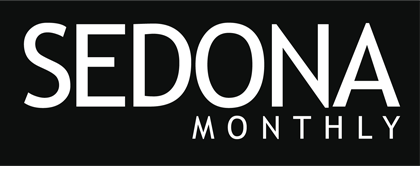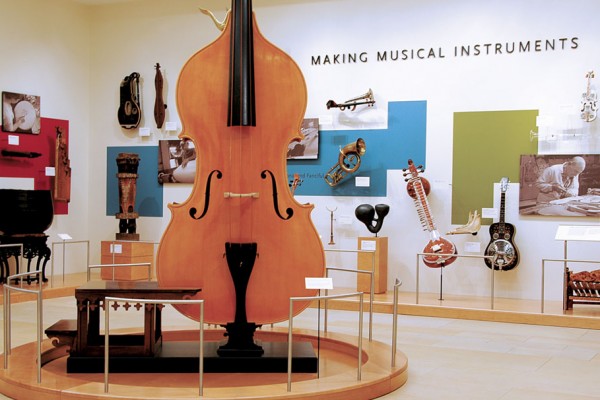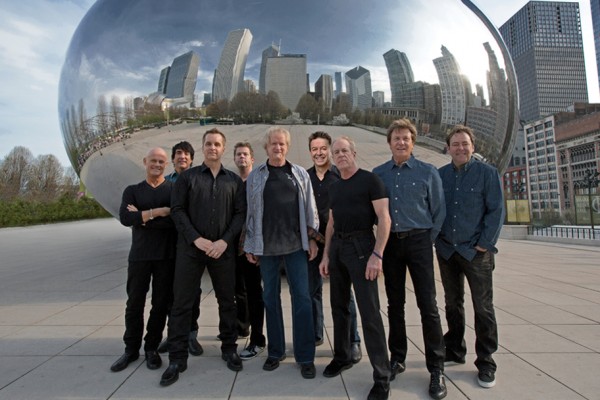Continued (page 3 of 13)
You founded the Traverse City Film Festival, so you obviously feel festivals are an important part of the art of cinema. Can you elaborate?
Without festivals, I wouldn’t have a career as a filmmaker because I was nobody. I made a film, and the only way I was going to have a chance to have Hollywood see the film was to get it into the festival and hope someone from a studio would be there in the audience. Because of the egalitarian nature of film festivals, it’s not about who you know. It’s not about paying money to somebody. It’s about making a good movie. If you made a good movie, no matter what your station in life, you can get your film into a film festival. So that’s what I did. I took [Roger & Me] to the Telluride Film Festival. The people watching it loved it. They put it up on their first night. Roger Ebert was in the audience. The next day he wrote in the paper it was one of the best films he’s seen in the last 10 years, and that was it. Warner Bros. eventually bought it. Their executives were in the audience at the New York festival screening. There was a standing ovation for the film at the end. The director of the film festival told the audience that it set the record for standing ovations at the end of any film in the history of the New York Film Festival. The executives from Warner Bros. immediately went about trying to get the film.
What was your reaction? Were you completely shocked that this was happening?
I loved the movie, and I’ve always gone to two or three movies a week. I think I know when a movie has been well made. I knew in my heart of hearts that, considering I had no prior experience, I’d done good. I was personally proud of it. The fact that others would like it wasn’t surprising. What was shocking was that I wasn’t going to be able to take it around the country in my Ford van.
As a former editor and columnist for Mother Jones and someone who’s been interviewed countless times, what question have you always wanted to answer but never been asked?
[Pauses] Tell us about being an Eagle Scout.
Okay. Michael, tell us about being an Eagle Scout.
Well, I’m glad you asked! I became an Eagle Scout when I was 15 years old. I acquired all the appropriate merit badges. I was not a very good swimmer, and you have to get both your swimming and your life saving merit badge. You also have to do a community service project. I decided to make a slideshow filmstrip on pollution in my town and who was causing it. This was probably six months before the first Earth Day. It upset some of the businesses in town because I took pictures of them polluting the creek and the air. Anyway, it was really my first experience doing something with the visual arts and combining it with a political issue. Another question I never get asked is, ‘So you were elected to the Board of Education and you were elected class comic in the same week of your senior year. Please explain [laughs].’ I was mixing politics with humor at a very early age.
We have a filmmaking school here in Sedona. What advice do you offer budding filmmakers?
Make films from your heart. Don’t make films that you think are going to get you a Hollywood deal or gross a lot of money. Be true to yourself. Make a film you would enjoy and trust there [are] a million other people in this country just like you that would enjoy that kind of film. The great thing about this country of over 300 million people, you can have 299 million people not like what you do but one million who do. If they all pay $10 opening weekend, you’re going to have $10 million on your opening weekend [laughs]. If you decide to do it to make money, you’ll make no money. If you decide to do it because you love cinema, you’ll either wind up happy, which is more important than anything, or successful or both.
What’s in your Netflix que right now?
[Laughs] The truth? Last night somebody stopped me in the restaurant and said they’d tried three different times to get SiCKO, through Netflix, and each of the three discs didn’t work. From what I understand, people on the right rent the film through Netflix, and then scratch it up or do something to it and send it back. I wanted to really see if it’s true, so I ordered three copies under three different names to see if this was true. I want to see if it’s happening to the other films because I think it may just be SiCKO, and it may not be somebody on the right. It may be somebody in the health insurance industry. The vice president of Cigna Health Insurance went on Bill Moyers this summer and revealed that the health insurance companies put together a group of people to try to scare Michael Moore. They spent hundreds of thousands of dollars, and he brought the documents on the show. He decided to resign as vice president of Cigna, and he told Bill Moyers everything in SiCKO, was true. But I would say three of my favorite films I’ve seen in the last year are Troubled Water, which is a Norwegian film; Up in the Air with George Clooney; and a documentary called Outraged. The filmmaker tries to out gay politicians who always vote against gay issues and AIDS health.
One last question: Have you been to Sedona?
Yes, I have. It’s one of the most beautiful parts of the country and the people are very nice. I love the whole attitude of the place – it’s refreshing.
Tim Daly: Poliwood
Tim Daly played Joe Hackett from 1990 through 1997 in the popular sitcom, Wings. Since then, he’s shown up on The Sopranos, Judging Amy, Grey’s Anatomy and Private Practice. Tim produced and appears in PoliWood, directed by Academy Award-winner Barry Levinson, which explores the collision and collusion of politics and Hollywood. The documentary had already received a tremendous amount of buzz when Tim called us one evening as he was sitting in traffic on I-10 in Los Angeles, trying to make his way home from work.
Sedona Monthly: PoliWood follows members of the Creative Coalition, essentially actors and musicians, as they attend the 2008 Democrat and Republican national conventions. Tell us how you got involved.
I had been looking for years to try to do some sort of public service. I was very indecisive about it because I felt I wasn’t an expert on any of the things that concerned me, and so many things concerned me: health, environment, politics. Finally, I was at the Sundance Film Festival and I met Robin Bronk, the executive director of the Creative Coalition, which is an organization that was a proponent of the arts. That was something I knew about since I’ve been making my living as an artist for a long time. Robin and I were talking about our involvement in the conventions, and we had this idea that it would be great to document it in some way. We were lucky enough to have Barry Levinson agree to come with our delegation. It took on it’s own life because Barry is such an astute observer of our culture. That’s why this film has become known as a film essay, which I think is an apt description.



